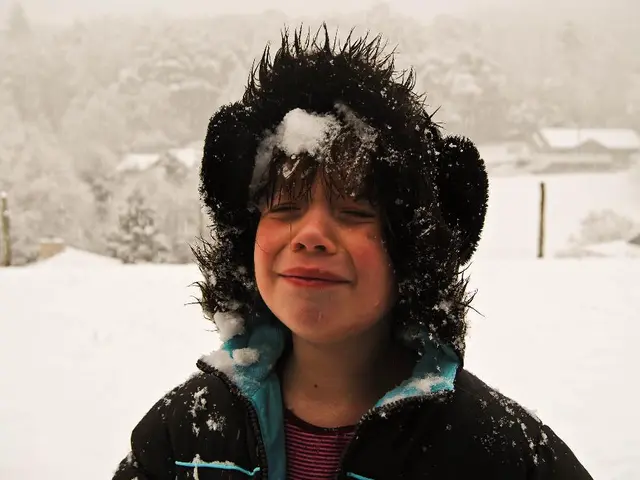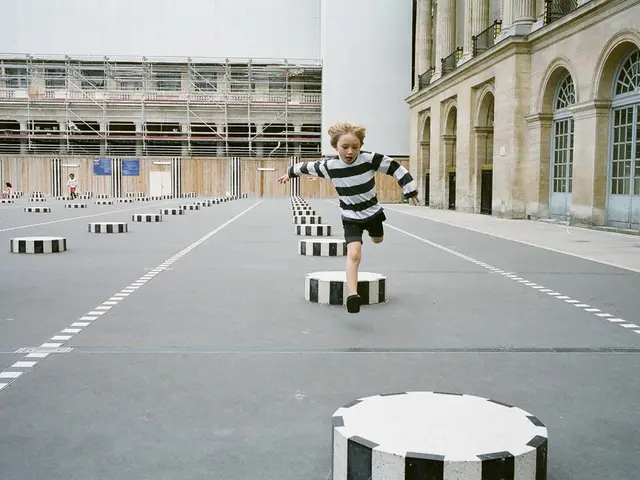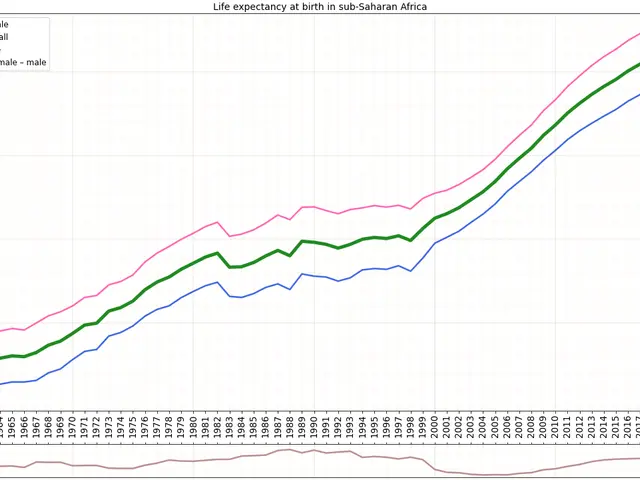Male Berber apes take pleasure in fatherhood - Berber monkeys, specifically males, exhibit a surprising paternal instinct.
Barbary Macaques: More Than Just Maternal Care Providers
In the Affenberg-Salem monkey park located near Salem in southern Baden-Württemberg, male Barbary macaques have been observed taking an active role in caring for their offspring, according to park director Roland Hilgartner. This behavior is evident shortly after the birth of baby macaques, with fathers not only being present but also offering loving care to relieve the mothers.
Male Barbary macaques exhibit a unique type of fathering behavior, especially in controlled environments like the Affenberg-Salem monkey park. Due to their promiscuous mating system, male macaques are never entirely certain about the paternity of infants, and as a result, they provide paternal care to all infants within the troop, regardless of biological ties.
This care extends beyond protection from predators to social bonding through play and grooming, with older males preferentially providing care to the infants of high-ranking females. Grooming sessions between males may also help reduce stress levels, indirectly affecting their caregiving behavior.
The Affenberg-Salem monkey park, home to nearly 200 Barbary macaques, offers a naturalistic social structure for these animals, enabling them to engage in typical paternal care behaviors. As the park director, Hilgartner, reports four monkey babies born in the park since April, with more expected in the coming months.
Contrary to popular belief, Barbary macaques do not live in pairs or families but in larger groups. This mating system, where females have multiple partners, results in unclear paternity among males. Despite this uncertainty, they continue to provide loving care to the babies within their group, and it's possible that some infants may be their own offspring.
Despite the difficulty in detecting pregnancy in Barbary macaques, the park has reported between 5 and 15 monkey babies born annually. Determining the sex of the babies can only be done over time, according to experts.
This Father's Day, take a moment to appreciate these unique fatherly behaviors displayed by male Barbary macaques at the Affenberg-Salem monkey park and beyond.
Utter Categories: Father's Day, Dads, Salem, Mothers, Fathers, Babies, Lake Constance
The management of the Affenberg-Salem monkey park in Salem, known for its naturalistic social structure of Barbary macaques, has implemented community policies that encourage health-and-wellness, including the promotion of fitness-and-exercise for these primates. It's essential to maintain an employment policy that provides enough staff to ensure the well-being of the babies, while adopting a science-based approach to understand the parenting behaviors of male Barbary macaques.
As the park director, Hilgartner, manages a team responsible for the care and welfare of the monkeys, conducting research on their unique mating system and parenting behaviors. To support the park's mission from a parenting perspective, it's crucial to nurture a work environment that fosters the development of employees, providing them with the knowledge, skills, and resources required to effectively care for the baby monkeys and understand their distinct needs.








